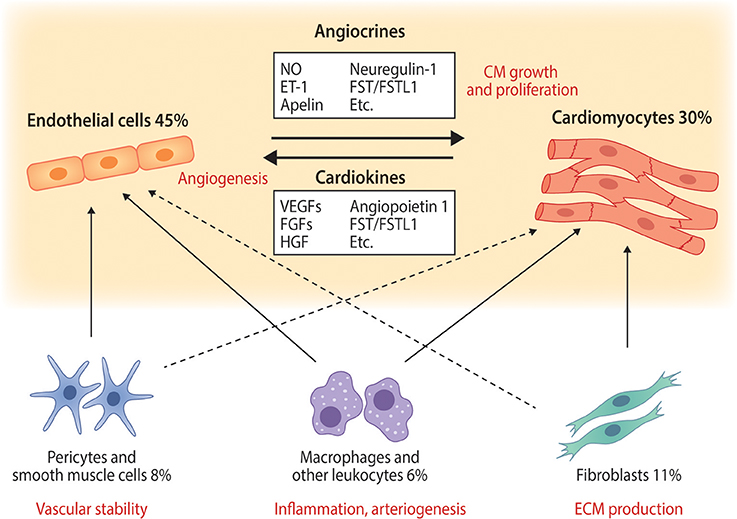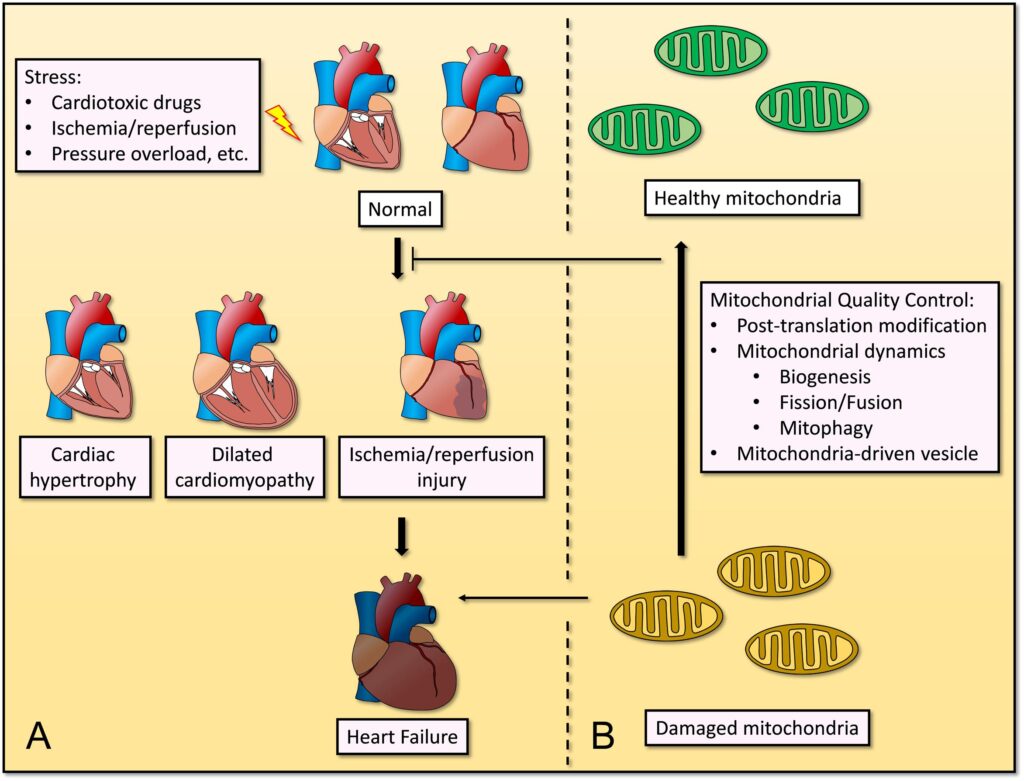Heart muscle disease, commonly referred to as cardiomyopathy, is a group of conditions that affect the heart’s ability to pump blood effectively. These conditions can weaken the heart muscle, cause it to become stiff, or lead to other structural changes. Cardiomyopathy can be life-threatening if left untreated, and understanding its types, causes, symptoms, and care options is crucial for managing the condition effectively.

Understanding Heart Muscle Disease
The heart is a powerful muscle responsible for pumping oxygen-rich blood throughout the body. When the heart muscle becomes diseased, its ability to perform this vital function is compromised. This can result in various complications, including heart failure, irregular heartbeats, and even sudden cardiac arrest. The severity of heart muscle disease varies depending on the type and underlying cause.
Types of Heart Muscle Disease
There are several types of heart muscle disease, each with distinct characteristics and effects on the heart. Understanding these types is essential for proper diagnosis and treatment.
Dilated Cardiomyopathy
Dilated cardiomyopathy is one of the most common forms of heart muscle disease. In this condition, the heart’s main pumping chamber, the left ventricle, becomes enlarged and weakened. As a result, the heart cannot pump blood efficiently, leading to fatigue, shortness of breath, and fluid retention. Dilated cardiomyopathy often develops gradually and may be caused by genetic factors, infections, or long-term high blood pressure.
Hypertrophic Cardiomyopathy
Hypertrophic cardiomyopathy is characterized by an abnormal thickening of the heart muscle, particularly in the left ventricle. This thickening makes it harder for the heart to pump blood and can obstruct blood flow out of the heart. People with hypertrophic cardiomyopathy may experience chest pain, dizziness, or fainting. It is often inherited and can affect individuals of all ages, including young athletes.
Restrictive Cardiomyopathy
Restrictive cardiomyopathy occurs when the heart muscle becomes stiff and less elastic, preventing it from filling properly with blood between beats. This condition is less common than dilated or hypertrophic cardiomyopathy but can be equally serious. Restrictive cardiomyopathy may result from diseases that affect the heart muscle, such as amyloidosis or hemochromatosis, or it may have no identifiable cause.
Arrhythmogenic Right Ventricular Cardiomyopathy
Arrhythmogenic right ventricular cardiomyopathy is a rare form of heart muscle disease in which the muscle tissue in the right ventricle is replaced by fatty or fibrous tissue. This replacement disrupts the heart’s electrical signals, leading to irregular heartbeats. Individuals with this condition may experience palpitations, fainting, or even sudden cardiac arrest. It is often inherited and is more common in young people.
Causes of Heart Muscle Disease
The exact cause of heart muscle disease can vary depending on the type and individual circumstances. Some cases are genetic, while others result from external factors or underlying health conditions.
- Genetic Factors: Many forms of heart muscle disease are inherited, meaning they are passed down through families. Genetic mutations can affect the structure or function of the heart muscle.
- Infections: Certain viral infections, such as myocarditis, can damage the heart muscle and lead to cardiomyopathy.
- Chronic Conditions: Long-term conditions like high blood pressure, diabetes, and obesity can strain the heart and contribute to the development of heart muscle disease.
- Substance Abuse: Excessive alcohol consumption, drug use, and certain medications can weaken the heart muscle over time.
- Nutritional Deficiencies: A lack of essential nutrients, such as vitamins and minerals, can impair heart function and increase the risk of cardiomyopathy.
Symptoms of Heart Muscle Disease
The symptoms of heart muscle disease can vary widely depending on the type and severity of the condition. Some individuals may experience mild symptoms, while others may face severe complications. Common symptoms include:
- Shortness of Breath: Difficulty breathing, especially during physical activity or when lying down, is a hallmark symptom of heart muscle disease.
- Fatigue: Feeling unusually tired or weak, even with minimal exertion, can indicate that the heart is not pumping efficiently.
- Swelling: Fluid retention can cause swelling in the legs, ankles, feet, or abdomen.
- Chest Pain: Discomfort or pressure in the chest may occur, particularly during physical activity.
- Dizziness or Fainting: Irregular heartbeats or reduced blood flow to the brain can lead to lightheadedness or fainting spells.
- Rapid or Irregular Heartbeat: Palpitations or a fluttering sensation in the chest may signal an arrhythmia.
Caring for Heart Muscle Disease
Managing heart muscle disease requires a comprehensive approach that includes lifestyle changes, medical treatments, and regular monitoring. The goal of care is to slow the progression of the disease, alleviate symptoms, and improve quality of life.
Lifestyle Modifications
Making healthy lifestyle choices can significantly impact the management of heart muscle disease. Key recommendations include:
- Healthy Diet: Eating a balanced diet rich in fruits, vegetables, whole grains, and lean proteins can support heart health. Reducing sodium intake is particularly important for managing fluid retention.
- Regular Exercise: Engaging in moderate physical activity, as recommended by a healthcare provider, can strengthen the heart and improve circulation.
- Avoiding Alcohol and Tobacco: Limiting or eliminating alcohol consumption and quitting smoking can reduce strain on the heart.
- Weight Management: Maintaining a healthy weight can help reduce the risk of complications associated with heart muscle disease.
Medical Treatments
Depending on the type and severity of heart muscle disease, various medical treatments may be prescribed. These treatments aim to address specific symptoms and underlying causes.
- Medications: Medications such as beta-blockers, ACE inhibitors, and diuretics can help manage symptoms like high blood pressure, fluid retention, and irregular heartbeats.
- Implantable Devices: Devices like pacemakers or implantable cardioverter-defibrillators may be used to regulate heart rhythms and prevent sudden cardiac arrest.
- Surgical Interventions: In severe cases, surgical procedures such as heart transplants or septal myectomy may be necessary to improve heart function.
Regular Monitoring and Follow-Up
Individuals with heart muscle disease require ongoing care and monitoring to track the progression of the condition and adjust treatment plans as needed. Regular check-ups with a cardiologist, along with diagnostic tests like echocardiograms and electrocardiograms, are essential components of care.
Living with Heart Muscle Disease
While heart muscle disease can be challenging to live with, many individuals are able to manage their condition effectively with the right care and support. Building a strong relationship with healthcare providers, staying informed about the condition, and seeking emotional support from family, friends, or support groups can make a significant difference in coping with the challenges of heart muscle disease.
By understanding the types, causes, symptoms, and care options for heart muscle disease, individuals and their loved ones can take proactive steps to protect heart health and improve overall well-being.





